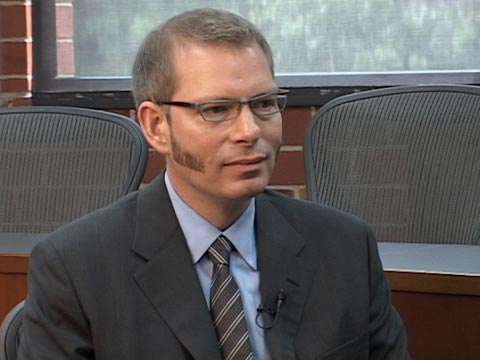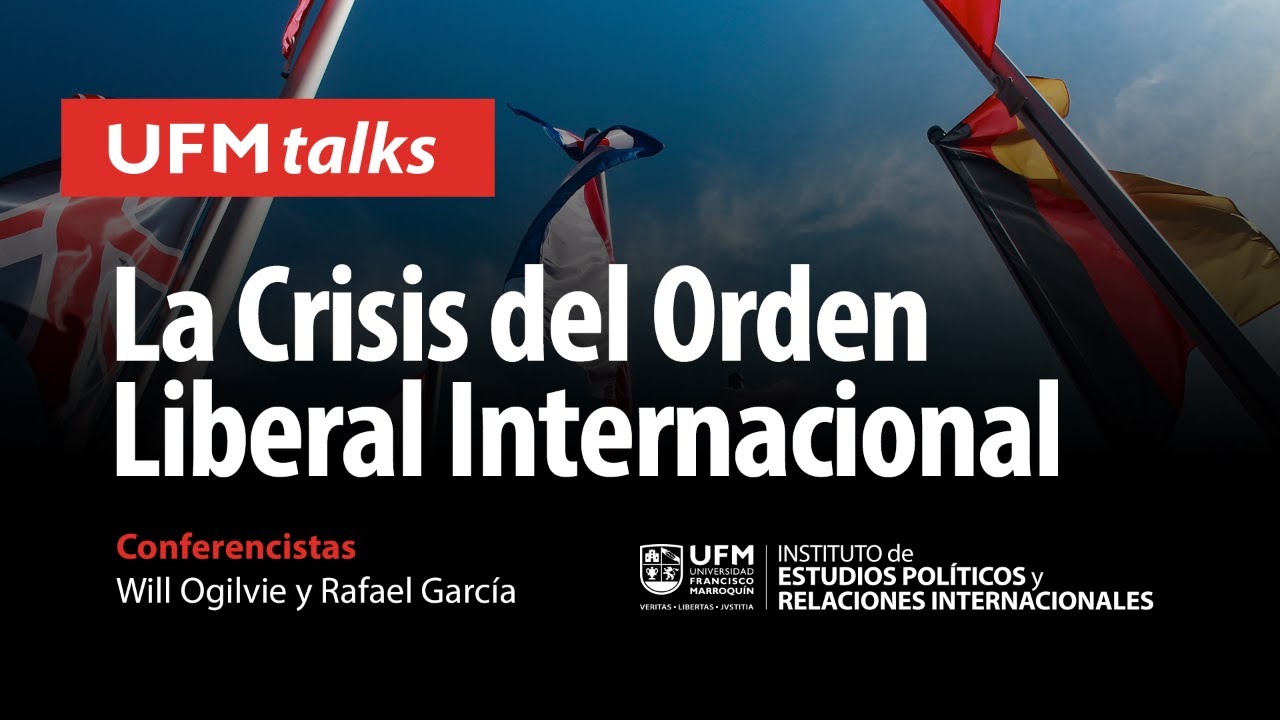About this videoMax Manwaring examines the process of state failure and the interference of non-state actors in the application of the law. He explains that economic, political, social, moral, and even informational stressors create social unrest, which leads to personal and social violence. This situation often compells governments to create reforms that may not be the best solution to the problem. He also comments on how this social havoc leads to the erosion of the rule of law and gives rise to a new type of government that only seeks personal benefits. These internal situations often come to the attention of the international community, which as Manwaring explains, will only interfere if the interests of individual countries are threatened. Finally, he discusses how security and defense affect a nation's internal interests, particularly social welfare. |
|
CreditsSeminar: Unconventional Conflicts Precipitated by Non-State Actors (Day 1, Part II) | |









